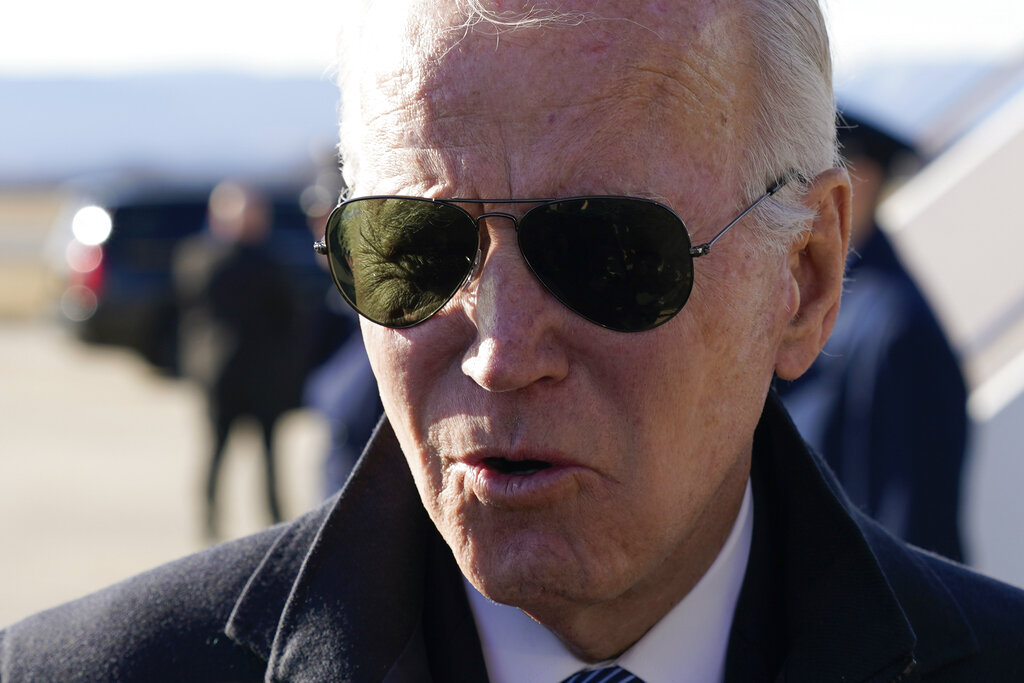Just a few months ahead of the presidential election in the U.S. in 2020, I started expressing fears that the Polish conservative right had put all its eggs in the Republican basket and that if Joe Biden won, Poland’s relations with the U.S. would be endangered. Most experts felt that this was an unlikely outcome, as Poland would remain a valued and important ally.
However, the first few months of the Biden presidency were concerning. Much was made of President Andrzej Duda’s supposedly late congratulations after Biden’s win. More importantly, U.S. foreign policy in Europe seemed focused on Germany and hopeful of changing relations with Russia for the better.
The real lows came when Biden softened sanctions on Gazprom over the Nord Stream 2 pipeline and when he pushed through the rushed and disastrous withdrawal from Afghanistan.
If the Biden administration had any hopes of another reset with Russia, these ended with the Russian invasion of Ukraine. Poland was once again center stage, and soon, Germany was seen as a disappointment while its dependence on Russian gas was exposed.
The Polish opposition’s hopes of Poland being isolated both in the EU and by the U.S. were dashed. The news that President Biden will soon visit Poland for a second time underlines the importance of Poland in the current international situation.
Any doubt about the alliance between the U.S. and Poland has been run over by Russian tanks.
The cynics calling themselves realists always told us that it’s not enough to be right on the global stage. However, the last 12 months have shown that it is worth being right because, in the case of Russia, Poland has become the compass now used by the biggest players.
We also should not allow fear or an inferiority complex to deny us some satisfaction over where Poland stands geopolitically today.






